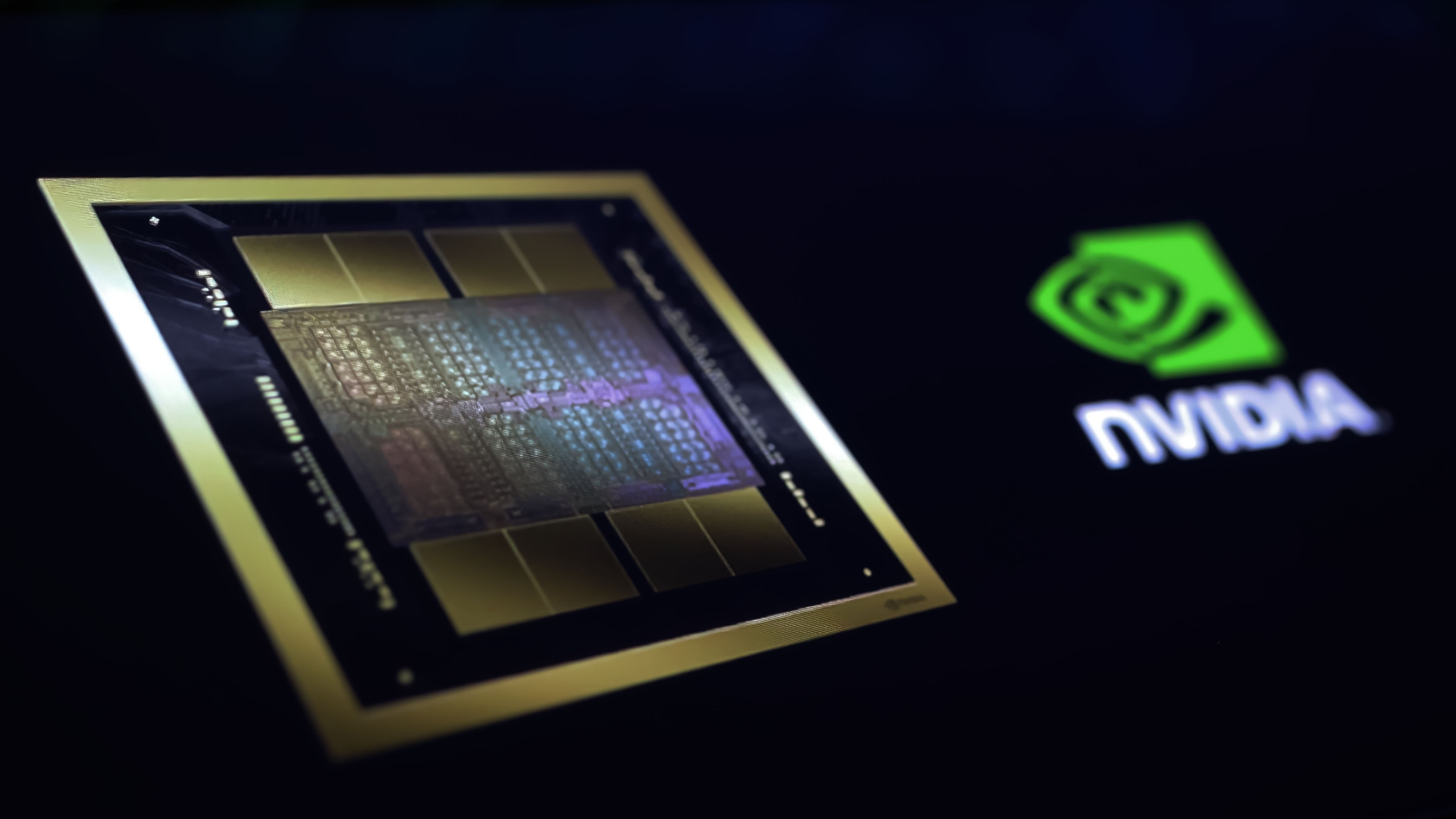In a significant shift in the tech landscape, China has taken decisive action against U.S. technology by banning advanced NVIDIA chips. This development represents more than just a trade dispute; it signals China’s intent to forge its own tech ecosystem, distancing itself from reliance on American technology.
NVIDIA’s Role in China’s Tech Boom
NVIDIA has long been a cornerstone of China’s growing AI and gaming industries. The company’s powerful graphics processing units (GPUs) fueled everything from sophisticated data centers to popular video games, contributing significantly to China’s digital transformation. In 2022, about 13% of NVIDIA’s global revenue came from China, showcasing the dependency both countries had on this lucrative market.
However, this partnership faced challenges with escalating U.S.-China tensions. In 2022, the U.S. imposed restrictions on exports of NVIDIA’s advanced AI chips, citing national security concerns about potential military applications. Although NVIDIA attempted to adapt by designing a specific chip for the Chinese market utilizing its Blackwell architecture, the announcement of the ban has marked the end of an era.
China’s Quest for Tech Independence
President Xi Jinping’s administration is on a mission to achieve “de-Americanization” in technology. This strategy emphasizes reducing reliance on U.S. software and hardware across various sectors, from processors to AI tools. Xi and his team view dependence on American chips as a strategic vulnerability, especially given the unpredictable nature of international relations.
In response to external pressures, China is doubling down on domestic chip design and manufacturing. The message is clear: “If you don’t want to sell to us, we will make our own.” This determination highlights a pivotal shift in how China perceives its technological future—one focused on self-reliance and innovation.
Local Alternatives to NVIDIA
With the exit of NVIDIA from the Chinese market, numerous domestic tech companies are stepping up to fill the void. Over the past few years, China has seen a surge in local chipmakers and startups, bolstered by substantial government investment aimed at fostering domestic innovation.
Huawei is leading the charge with its Ascend series of AI chips, particularly the Ascend 910, designed for data-intensive applications. Other notable players include Biren Technology, which is developing the BR100 and BR104 chips targeting similar workloads as NVIDIA’s A100 and H100. Additionally, Moore Threads has emerged with its MTT S80, marking the arrival of China’s first fully homegrown gaming GPU.
Innosilicon provides GPUs for both gaming and industrial applications, while Zhaoxin and Loongson manufacture domestic CPUs, creating a comprehensive computing ecosystem. Smaller startups like DenglinAI, Iluvatar CoreX, and VastAI Tech are fast-tracking innovations in AI chip technology, preparing to compete on a global stage. This concerted effort exemplifies China’s ambition to develop a self-sufficient tech industry.
Implications for the Global Market
NVIDIA’s loss of access to the Chinese market represents not just a setback for the company but a significant shift in the global tech landscape. As China was NVIDIA’s third-largest market after the U.S. and Taiwan, this could lead to a notable decline in demand for NVIDIA chips and subsequent pressure on its financial performance.
The repercussions will likely extend beyond NVIDIA. As Chinese firms ramp up their chip production, they could foster increased competition in the AI and gaming hardware sectors. U.S. companies like AMD and Intel may also experience challenges as homegrown Chinese chips begin to capture market share both domestically and internationally.
For consumers, particularly gamers in the U.S., the immediate impact may be minimal, as NVIDIA’s products continue to be available and widely used. However, the long-term implications could reshape the landscape of graphics hardware. Should Chinese chips find traction in the global market, it could ultimately lead to a surge in innovation and competition, affecting everything from prices to technological advancements.


